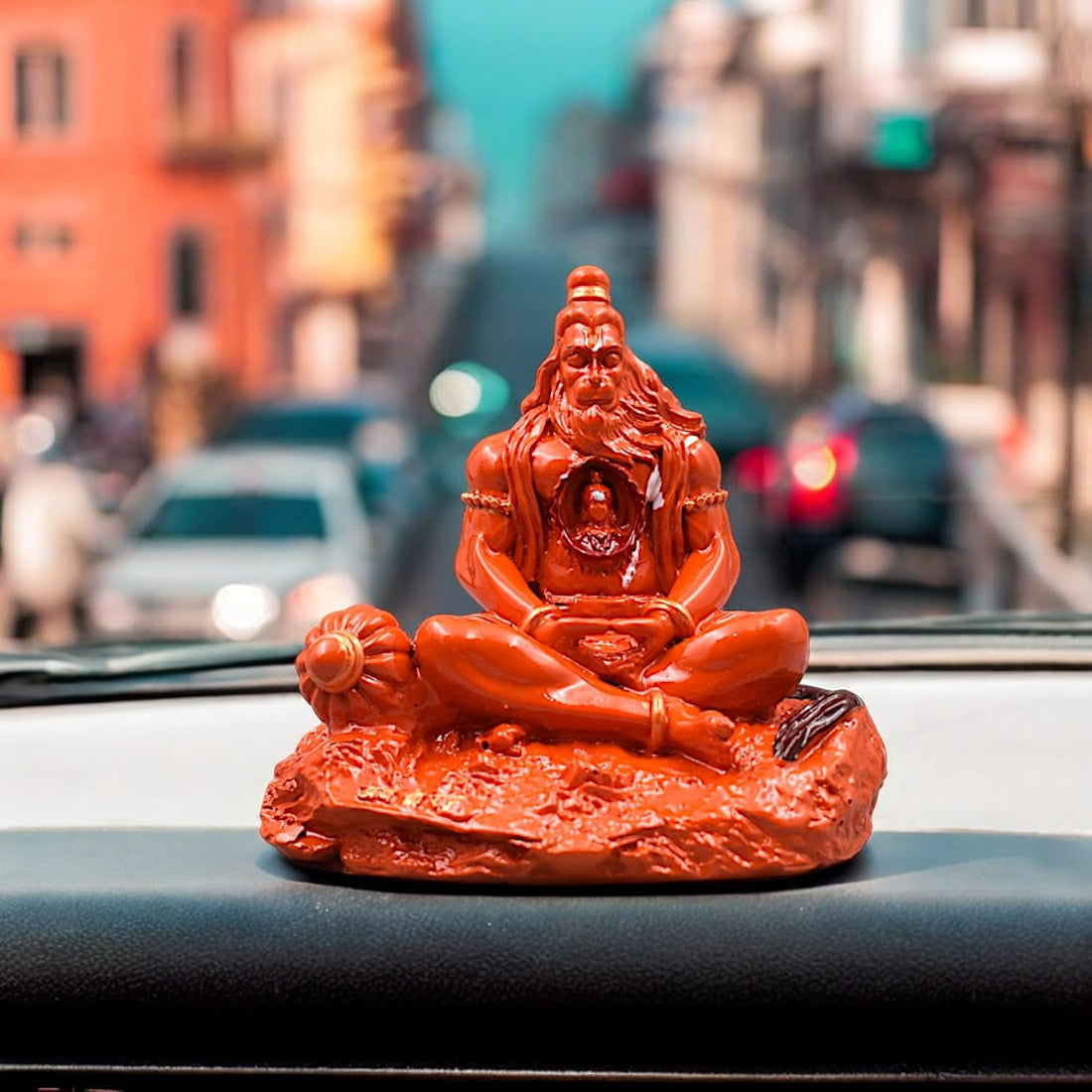
Hanuman Idol
Have you ever wondered about the significance of the Hanuman idol in Hindu culture? Let's delve into the mystical world of this revered deity and the symbolism behind the idol.
History and Mythology
Hanuman, the monkey god, is a central figure in the Hindu epic Ramayana. Known for his unwavering devotion to Lord Rama, Hanuman is revered for his strength, courage, and loyalty. The Hanuman idol symbolizes these qualities, making it a popular choice for worship among devotees.
Symbolism and Meaning
The Hanuman idol is often depicted in a meditative posture with a mace in one hand and the Sanjeevani mountain in the other. The mace represents strength and protection, while the mountain symbolizes healing and life-giving powers. Devotees believe that worshipping the Hanuman idol can bring courage, protection, and blessings into their lives.
Materials and Craftsmanship
Hanuman idols are crafted from various materials such as brass, silver, and marble. Skilled artisans meticulously carve and sculpt the idols, paying attention to every detail to capture the essence of Hanuman's divine presence. The craftsmanship involved in making a Hanuman idol is a testament to the devotion and artistry of the artisans.
Significance in Worship
Devotees often worship the Hanuman idol on Tuesdays and Saturdays, considered auspicious days for Hanuman Jayanti and Hanuman's birth anniversary. The idol is adorned with flowers, garlands, and offerings of fruits and sweets as a gesture of reverence and devotion.
Whether placed in homes, temples, or altars, the Hanuman idol serves as a powerful symbol of faith and devotion for millions of Hindus around the world. Its presence brings a sense of protection, courage, and blessings to those who worship with sincerity and devotion.





